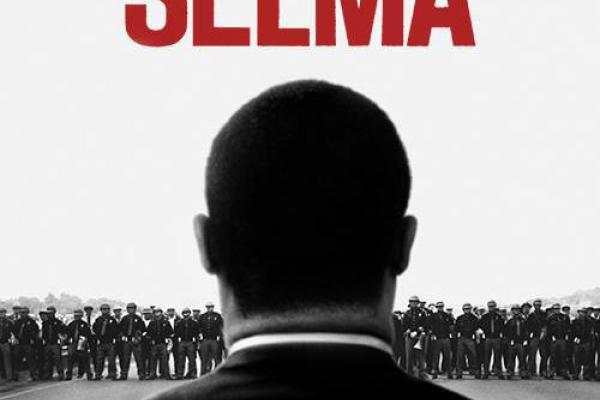Just as Selma opened in wide-release I began to receive requests for advice on how to lead churches and faith communities through discussions of the film. Years ago, I used to lead these kinds of dialogues in my capacity as the Greater Los Angeles director of racial reconciliation for a college-based parachurch ministry. Some of our most fruitful conversations came after we saw films like Selma or read a book together or had a common experience of racial injustice that we needed to process.
The film Selma is an incredibly helpful dialogue centerpiece at the moment. But like all things, other dialogue opportunities will rise and take center stage in the coming weeks and months. Other films will be released, helpful books will be published, and public events will provoke us to need to dialogue again. When those opportunities surface, I recommend using the format below as a template for similar dialogues moving forward. I’ve collected my Top 5 recommended resources to help guide your community dialogue on racial justice and Selma.
Read the Full Article

